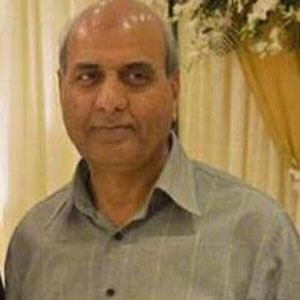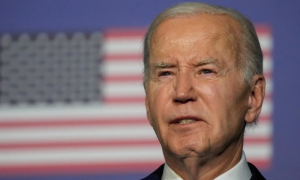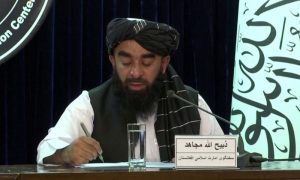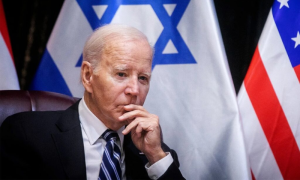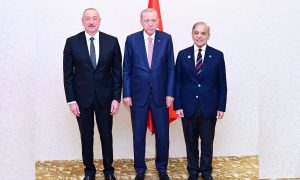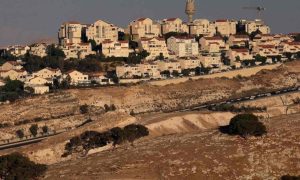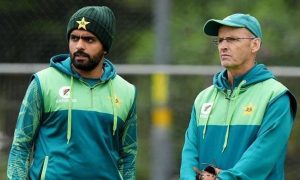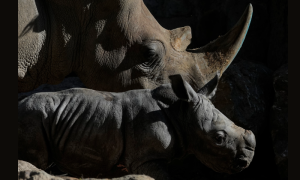It is an open secret that minorities in India face religious persecution. Muslims are the main target of the hardliner Hindu goons, who enjoy state patronage. Intolerance and vandalism against Muslims and their lynching have become the order of the day. They are assaulted, robbed, and killed in the name of cow vigilantes or on the charges of carrying beef.
According to a report published by Kashmir Media Services, minorities are being persecuted physically, psychologically, and economically and facing systematic oppression at the hands of Hindutva forces in India.
Besides, findings of the seven-member high-level committee headed by former Chief Justice of Delhi High Court Rajinder Sachar point fingers towards Muslims’ poor state of affairs in India. The Committee report notes that the unemployment rate among Muslim graduates is the highest compared to other religious groups in India.
It is pertinent to mention that Vinayak Damodar Savarkar laid the foundations of Hindu nationalism in 1923. His ideology was followed by the establishment of Rashtriya Swayamsevak Sangh (RSS) in 1925. Though the Indian constitution calls for a secular state, but since the rise of the Bharatiya Janata Party (BJP), the political face of RSS, in India, the lives of religious minorities have become hell in the country. The demolition of the Babri Mosque and anti-Muslim riots in Gujarat in 2002 exposed the so-called secular face of India.
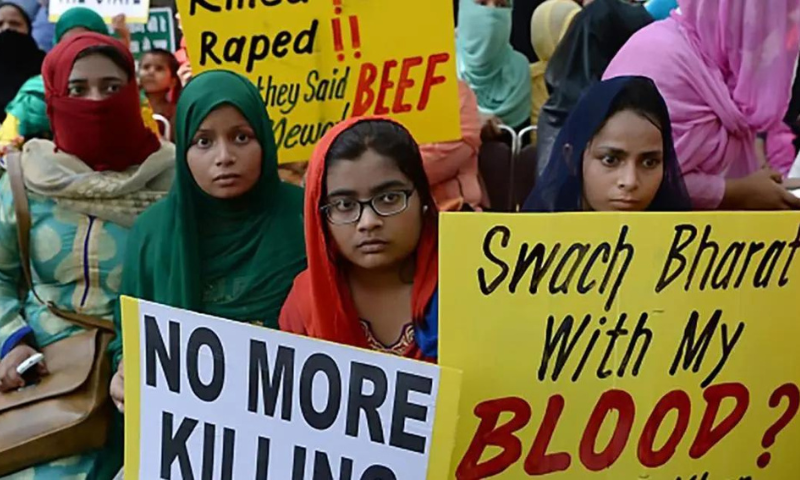
Narendra Modi, the current Prime Minister of India, is a hardliner supporter of Hindu Rashtra—a Hindu state in India. He rose to power in 2014, and under his fascist regime, in 2015, India experienced a 17 percent increase in communal violence. Mob killing has become the new normal in present-day India.
Campaigns like Love Jihad and Ghar Wapsi aimed to forcibly convert minorities to Hinduism. This also put the very social fabric of inclusivity in Indian society at stake.
The act of persecution is not limited to Muslims as it is now hurting other communities in the country, including Christians, Sikhs, and Dalits—low-caste Hindus.
In the recent past, Golden Temple—the most sacred place for Sikhs, was desecrated under direct orders from the then Indian Prime Minister Indira Gandhi in Operation Blue Star (OBS) in 1984. A large number of Sikh youth were either killed or arrested by declaring them traitors and anti-state elements.
The entire Indian state of Punjab had become a nightmare at the hands of the brute Indian forces. OBS ignited the fire of revenge and acrimony among Sikhs that resulted in the murder of Ms. Gandhi at the hands of her Sikh bodyguards. The killing of Ms. Gandhi opened sporadic attacks against Sikhs across India. Sikh men were burnt alive by placing burning tires around their necks. Their properties were looted, and women were raped.
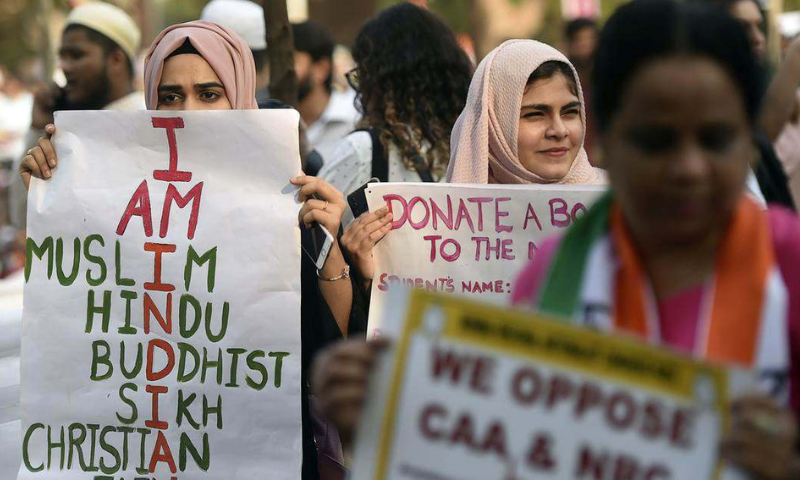
As a reaction, the Sikhs of Punjab decided to get rid of Indian slavery and establish a separate homeland in the name of Khalistan. The Sikh diaspora living abroad is holding a phase-wise Khalistan Referendum in various countries of the world. The results came so far show overwhelming support for the creation of Khalistan out of India. Sikhs’ struggle for independence is continuing as they are still facing Indian rule.
Similarly, Christians and Dalits have no difference in facing the brunt of Hindutva hooliganism. Churches and Christian cemeteries are attacked across India, and most recently, such acts of violence have been reported in Mumbai. Dalits are not allowed to enter temples and sit with the elite Hindus.
The International community should take notice of India’s deteriorating human rights and protect minorities from the economic, physical, psychological, and cultural onslaught of New Delhi.









